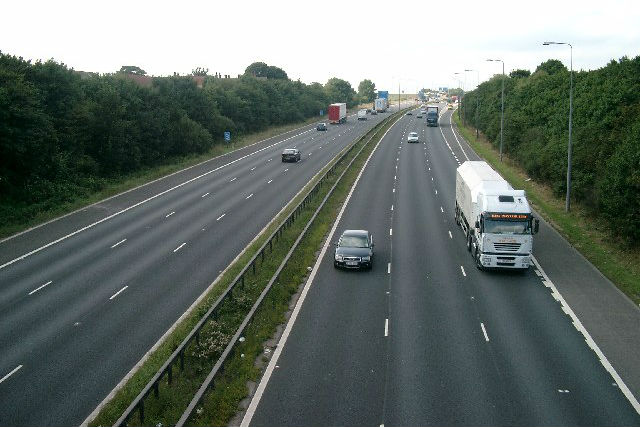The Chancellor of the Exchequer George Osborne has outlined his annual Budget plans to parliament this afternoon.
His eighth Budget announcement since he became Chancellor, the 2016 Budget was rumoured to pack some fairly significant implications for motorists through various policy changes and new investments.
Below, we run through the most important parts of the Budget announcement for drivers and what they mean for you as a motorist.
Fuel duty remains frozen

It was widely expected that the Chancellor would increase fuel duty tax in order to further close the gaps in Britain’s finances, but in a surprising turn it was announced that fuel duty will remain frozen for the sixth year running.
Research from Green Flag raised fears that between a fuel duty hike and an expected rise in fuel costs, as many as one in 20 drivers would have to ditch their cars altogether.
However, the Chancellor has claimed that the freeze will save the average motorist £75 a year and the average van-owning businessman as much as £270 a year. Described as “the tax boost that keeps Britain on the move”, it’ll come as welcome news to motorists.
Rise in Insurance Premium Tax

However, although fuel duty will remain as it is for the time being, it has been announced that Insurance Premium Tax will rise from 9.5 per cent to 10 per cent.
It’s a smaller increase than many industry forecasters had anticipated but follows a 3.5 per cent rise in tax last year, which has driven up insurance premiums as the extra cost has been passed from insurers to customers.
The Association of British Insurers claims that motor insurance premiums have risen eight per cent in the past year, and could be set to rise further this year. However, Mr Osborne said that all the extra revenue generated from the tax hike will be spent on a new £700 million flood defence plan.
£50 million Pothole Action Fund
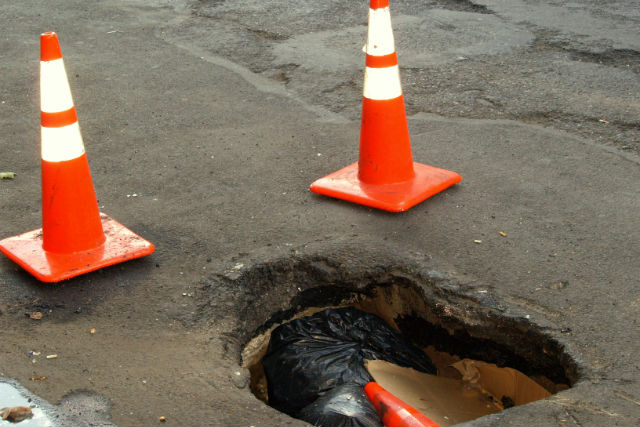
The Budget announcement included a £50 million fund to fix potholes on English roads, which the Chancellor says will allow local authorities to repair a million potholes by 2017.
In addition, a further £130 million has been set aside to fix roads and bridges that were damaged by the various storms that battered Britain throughout much of late 2015 and early 2016.
Severn crossings toll halved
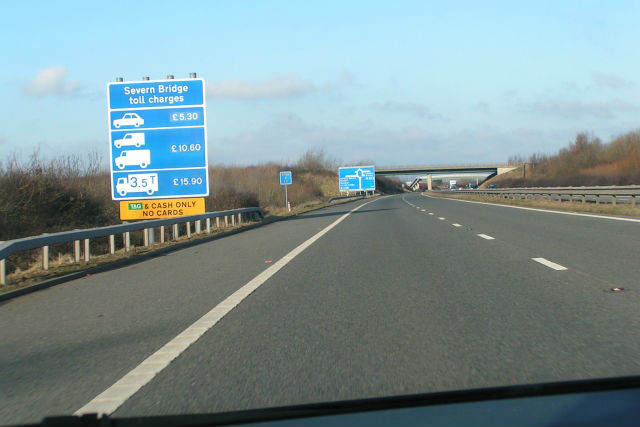
Toll charges on the Severn crossings between England and Wales will be halved from 2018 onwards, with the current £6.60 toll for cars expected to fall to around £3.30.
The Chancellor said that he had listened to the concerns of MPs in Wales and the toll costs, which are currently collected to pay for the construction and running costs of the crossings, will be slashed in two years’ time when the costs will be recouped.
Currently, cars pay £6.60 to cross, while vans are charged £13.20 and lorries and buses both pay £19.80. Motorcycles currently cross for free and this will continue from 2018 onwards.
£230 million road investment
The Budget announcement also set aside £230 million to be invested into road upgrades, which will include the M62 in the north of England upgraded to four lanes instead of three, while the A66 and A69 will both also receive work.
Company car tax threshold cut to 110g/km
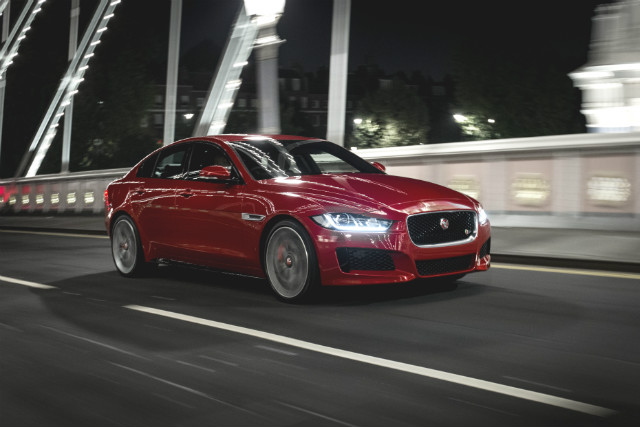
The main rate threshold for capital allowances for company cars will be cut to just 110g/km of CO2 from April 2018, down from the current threshold of 130g/km.
Designed to reflect falling vehicle emissions, the First Year Allowance threshold will likewise fall to 50g/km down from 75g/km, but from 2018 the 100 per cent First Year Allowance for low-emissions cars will be extended for three years until April 2021 as a bid to boost low-emission vehicle uptake.
The Chancellor announced that until 2021, company car tax will continue to be based on CO2 emissions, but consultations will be set up to ascertain how best to tax ultra-low emission vehicles from the start of the next decade onwards.
Driverless car trials
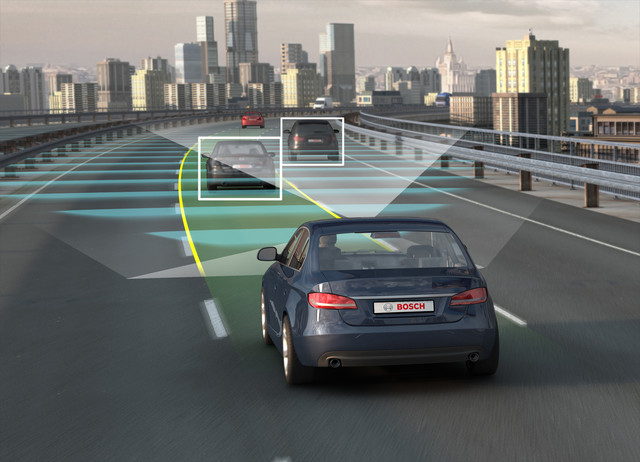
Although no announcement has been made about investment into driverless car legislation, the Chancellor did note that trials for driverless vehicles will be conducted on British road networks by 2017.
The plan is for the government to remove regulatory barriers preventing autonomous cars from using major British roads from this summer onwards, with an aim to having driverless cars available to buy and use from 2020.
Mr Osborne also outlined a £15 million investment into a ‘connected corridor’ between London and Dover, which will be used to trial car-to-car communications systems.
Motorway fuel stations to display prices
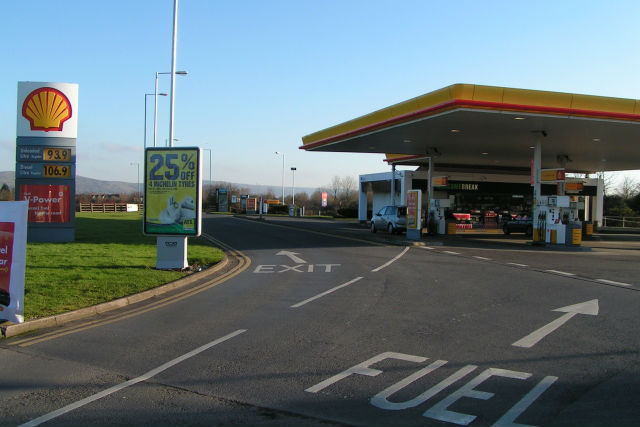
From spring this year, various fuel stations on stretches of the M5 motorway between Bristol and Exeter will host trials of new comparative fuel price signs.
First suggested in the Autumn Statement back in 2014, the plans will force motorway service stations to display their fuel prices in order to encourage competition and lower prices after complaints that motorway stations rip drivers off.
After first being trialled at five service stations on the M5, it’s believed that if the test period is successful the signs could be rolled out nationwide by the end of the year.
£75 million fund for Trans-Pennine Tunnel
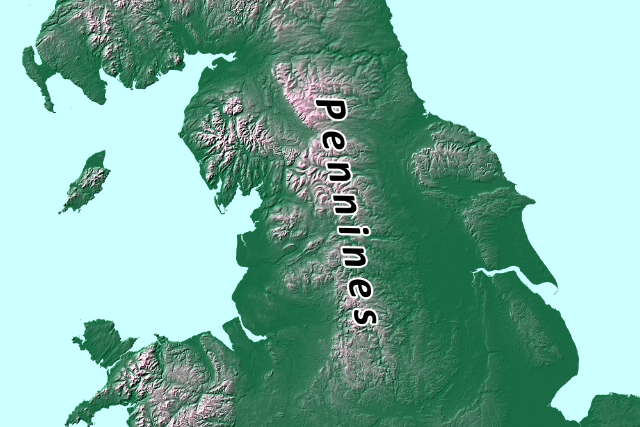
The Budget also outlined £75 million, which will be invested into developing a case for the so-called Trans-Pennine Tunnel, an underground road that will run between Manchester and Sheffield.
First proposed late last year, it’s believed that the tunnel will better connect major Northern cities and help fuel the government’s vision of the ‘Northern Powerhouse’, allowing drivers to commute more easily to new jobs in the north of the country.
Expected to be up to 18 miles long, the Trans-Pennine Tunnel would be one of the longest tunnels ever built, though experts have warned that the tunnel’s length could cause problems for drivers like poor visibility and claustrophobia.
